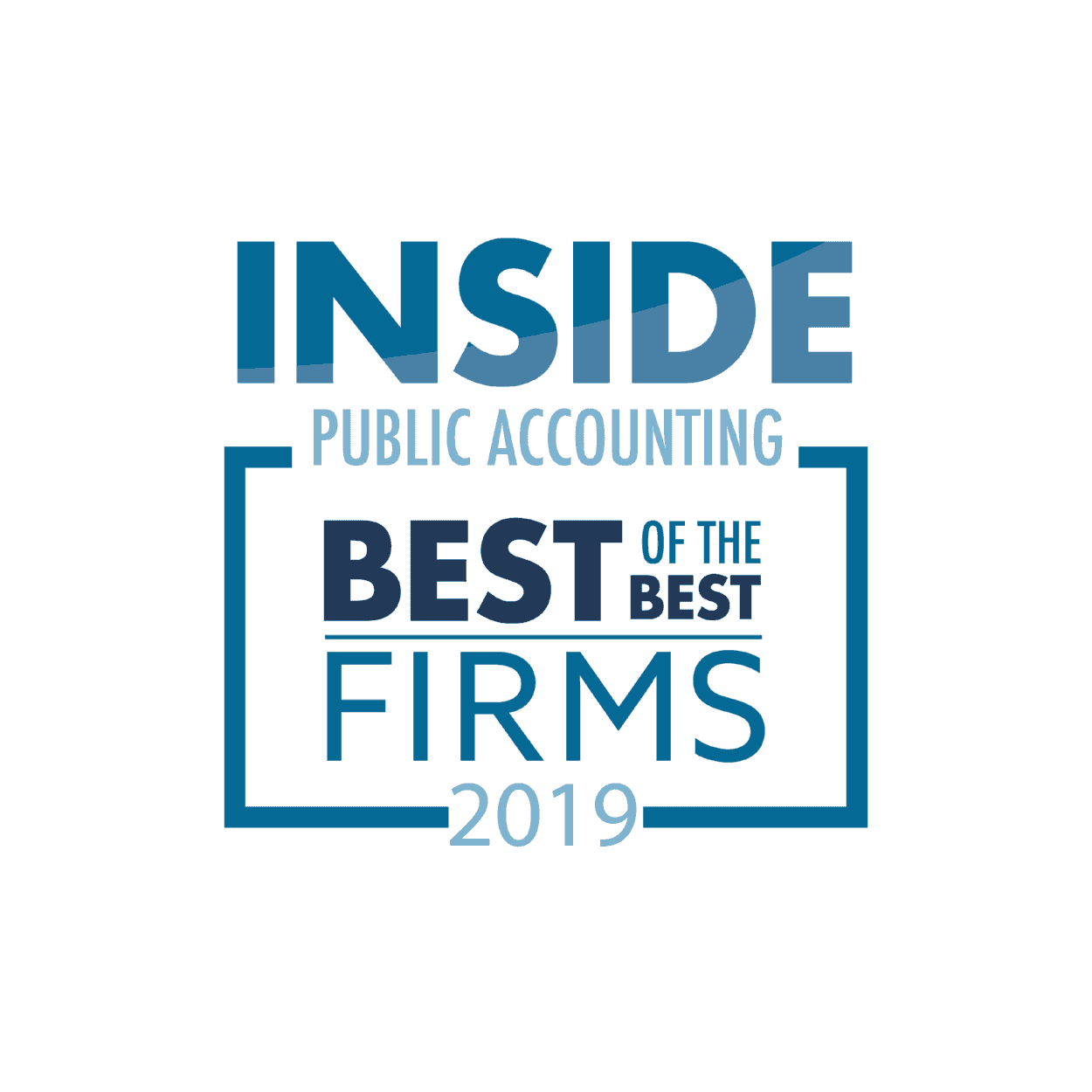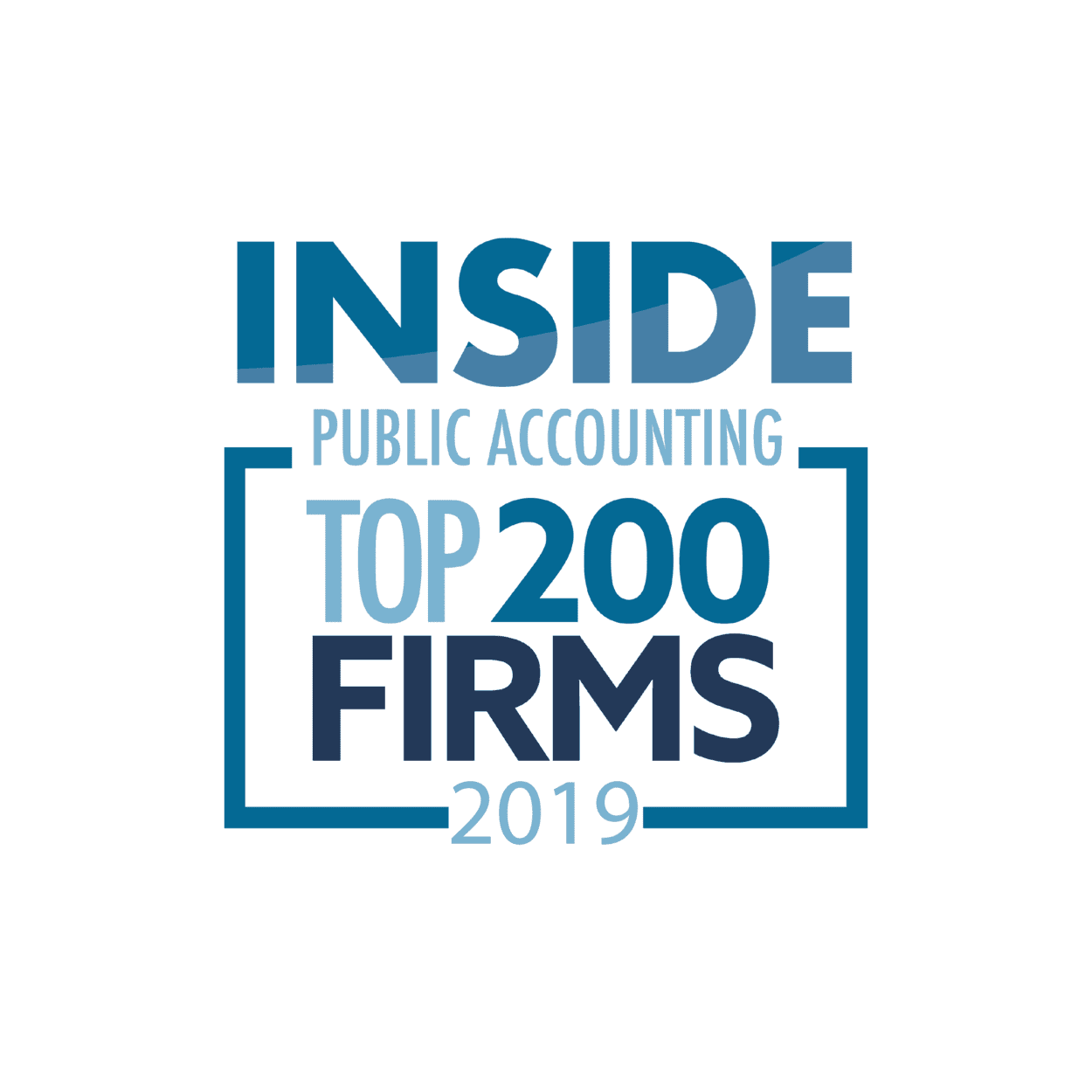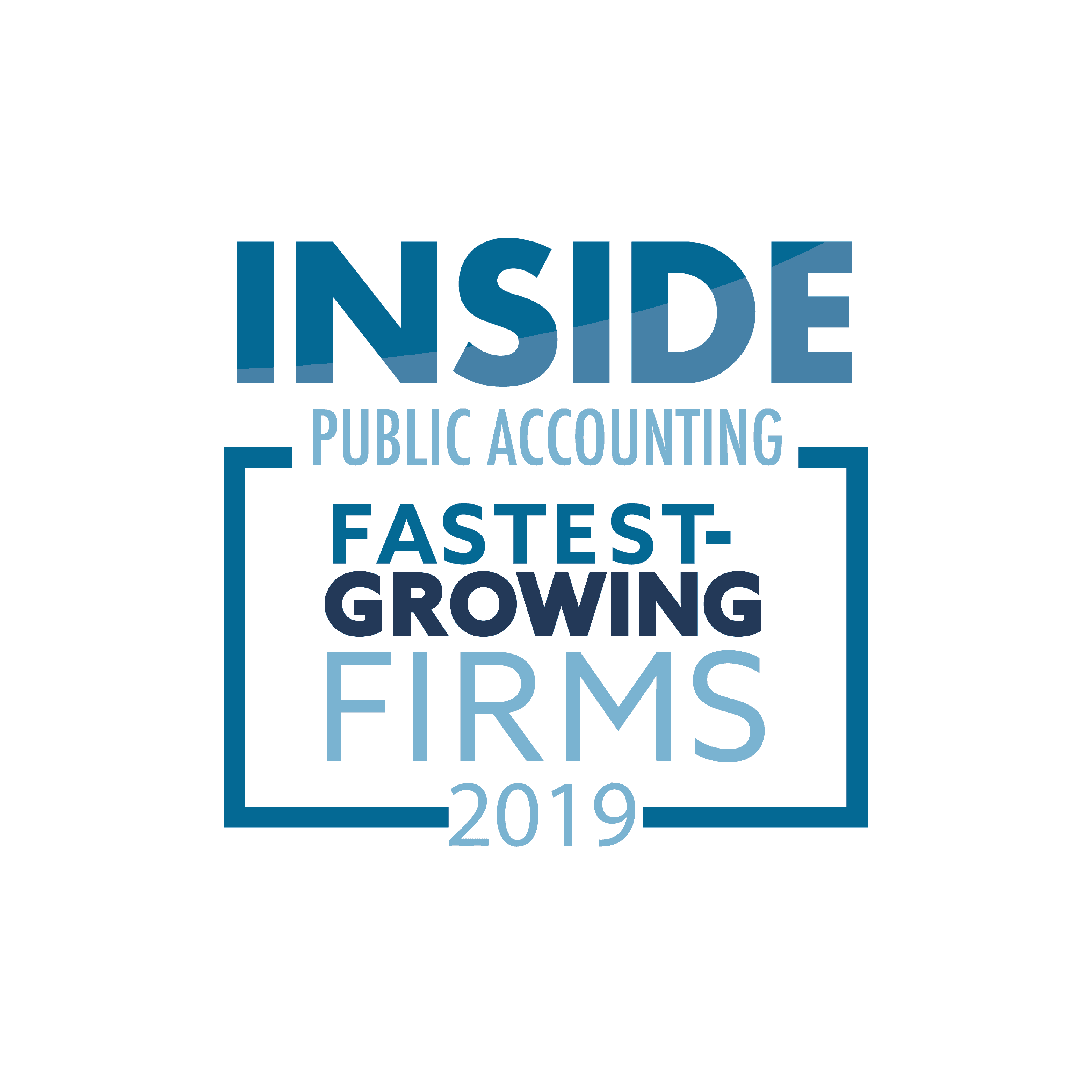According to the SBA, borrowers are required to certify in good faith that their PPP loan request is necessary. In other words, before submitting a PPP application, you should review, understand and agree with the required certification, which states that the current economic uncertainty makes the loan request necessary to support your ongoing operations. Lenders have been instructed to rely on the borrower’s certification regarding the necessity of the loan request; therefore, the burden of proof rests on your company as the borrower.
Our recommendation, whether you are about to apply for the loan or have already applied and received your funds, is to ensure you thoroughly document your need for the loan. For example, were you able to keep employees on staff, avoid furloughs and pay reductions? Those decisions should all be carefully documented and must include verifiable details. Other factors could include decreases in operating revenues, cash flow challenges, or difficulty in obtaining necessary materials or inventory as a result of COVID-19. All of these will need to be verifiably documented. Additionally, if you have already received funding, your company should be spending the loan proceeds only on allowable expenditures; use of the loan proceeds for other purposes could have serious consequences, including the repayment of the full loan proceeds.
To qualify for the forgiveness of your PPP loan, you will need to show the underlying documents establishing your qualified expense payment obligations and verifiable documentation that you incurred and paid the qualified expenses during the 8-week forgiveness period. We will be releasing a blog on how to maximize loan forgiveness soon, but proper documentation will undoubtedly expedite your loan forgiveness application approval. In fact, we expect forgiveness applications will be rejected without appropriate documentation. We anticipate a forgiveness application and instructions will be forthcoming from the SBA, and we will advise you when it is released.
Any borrower that applied for a PPP loan prior to issuance of this new guidance may repay the loan in full by May 7, 2020, and not face any consequences from the SBA. In other words, if your business received PPP funds, and you are unsure the funds were truly needed, or you think you will be unable to prove it accordingly, you should consider paying the loan back in full by May 7, 2020.
It is also important to point out that the Treasury indicated there will likely be increased scrutiny on PPP loans over $2 million before forgiveness is considered. The PPP program is currently facing criticism after several publicly held companies disclosed they received funding when the program was originally intended to help small businesses during the crisis.
If you need assistance documenting your PPP loan needs or managing your PPP loan funds, our team is available to help. To learn more, visit the COVID-19 Business Services section of our website or contact us. Also, be sure to subscribe here to get our news and alerts as they are released as we are committed to keeping you updated on how to navigate financial challenges associated with the COVID-19 pandemic.
Bert Mills, CPA, is the Managing Partner at Moore Colson. In his role, Bert sets the vision and mission of the Firm and works closely with the Firm’s leadership to drive and implement strategies.
Andy Starnes, CPA, is a Partner and Tax Services Practice Leader Moore Colson. Andy’s specialties include corporate tax compliance and planning, business consulting and multi-generational planning with a focus on the construction, professional services and staffing industries.
Chris Arnone, CPA, is a Partner and Business Assurance Practice Leader at Moore Colson. Chris has over 20 years of experience providing audit, accounting and consulting services for companies in the transportation, manufacturing, distribution, staffing, private equity and venture capital industries.









0 Comments